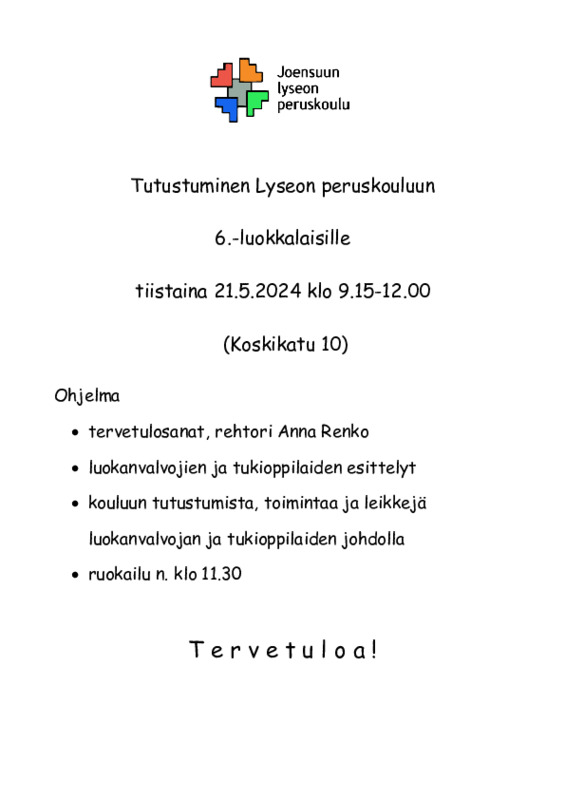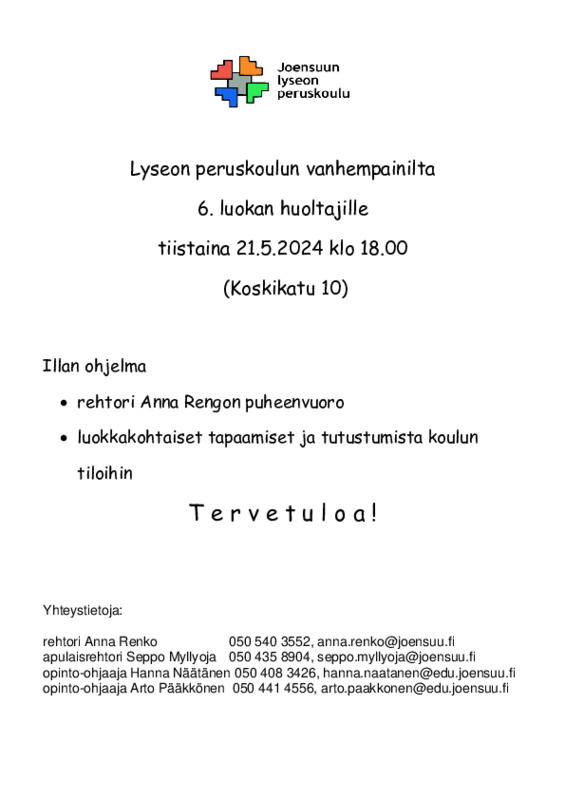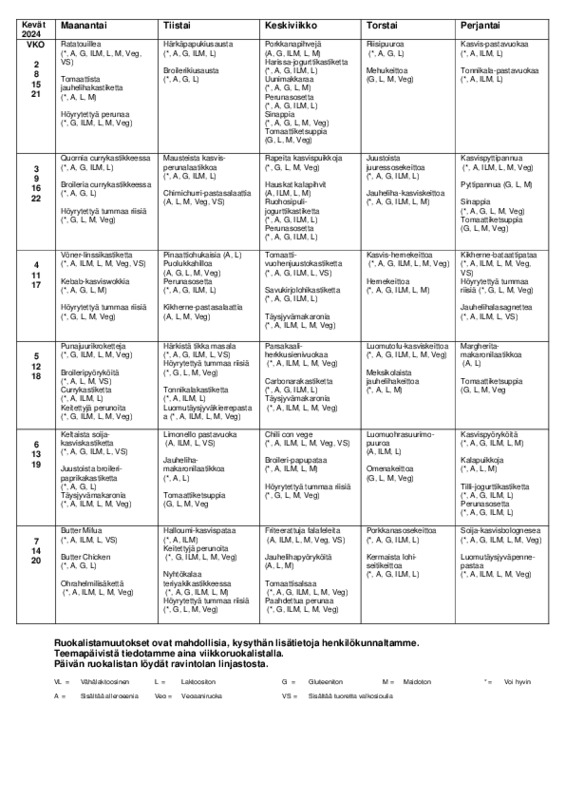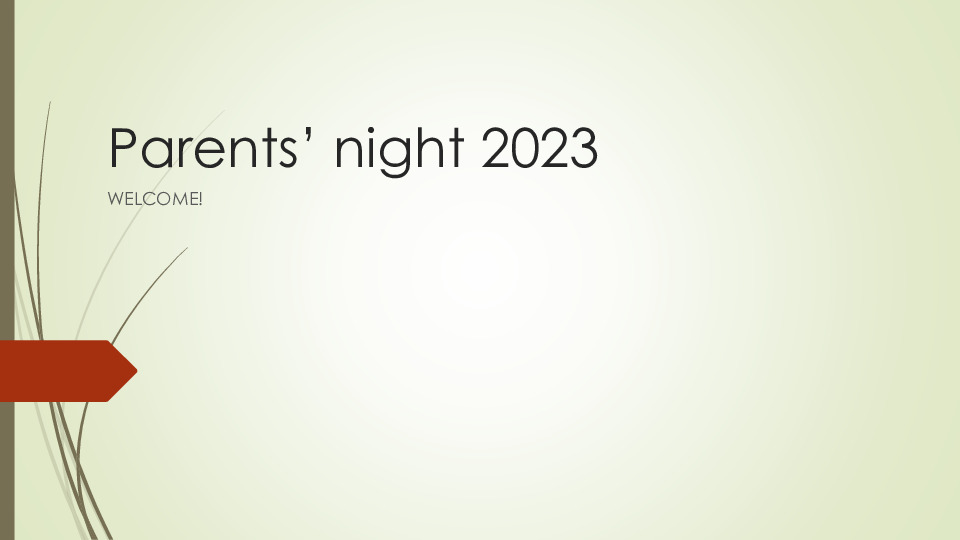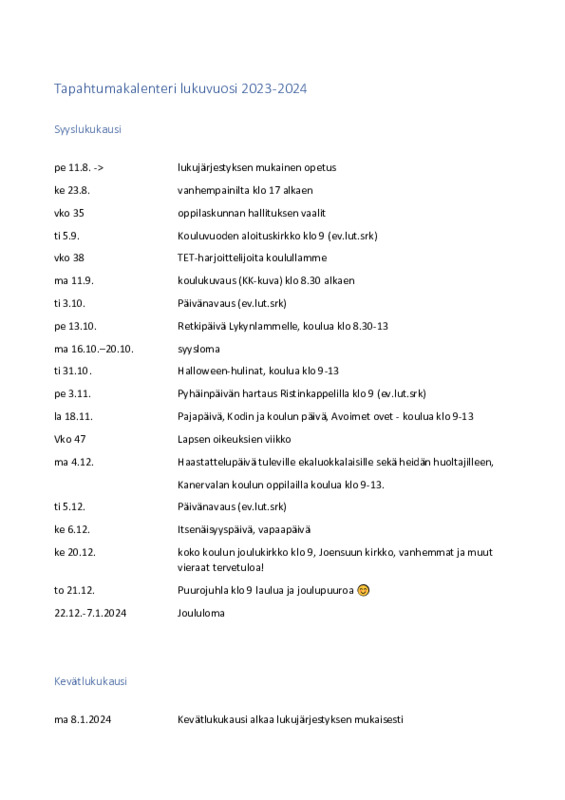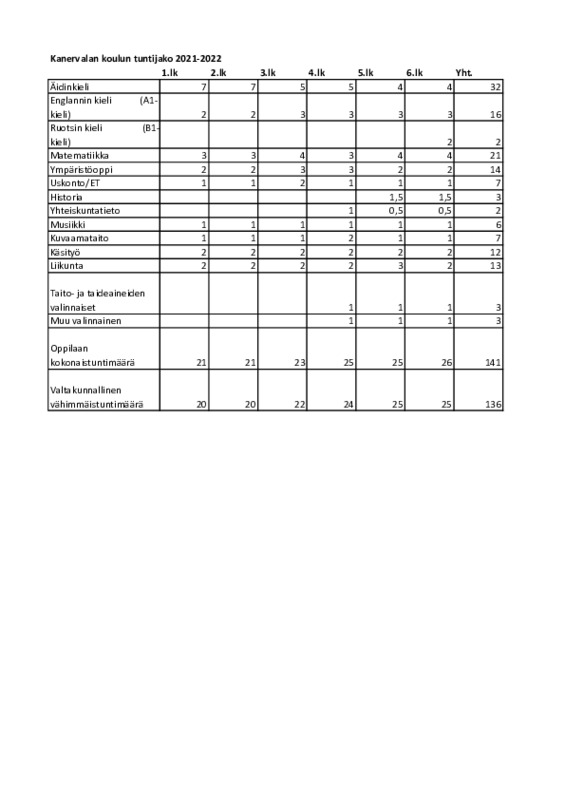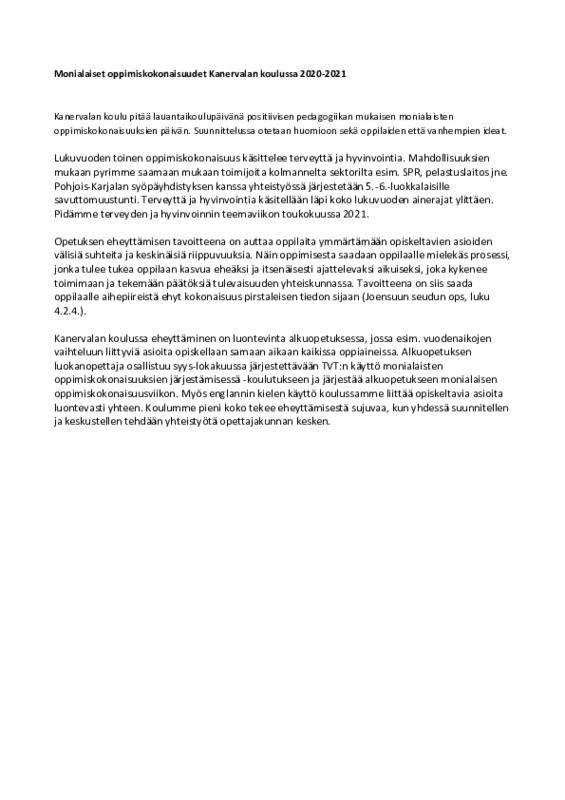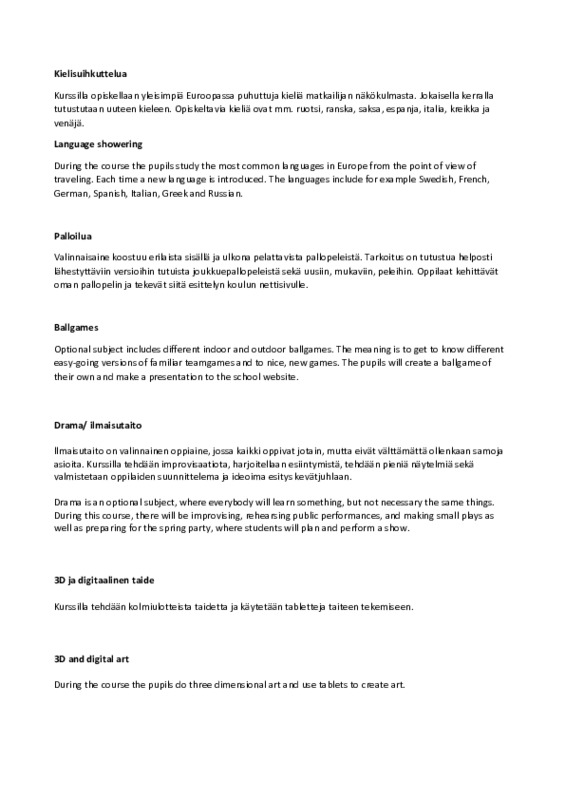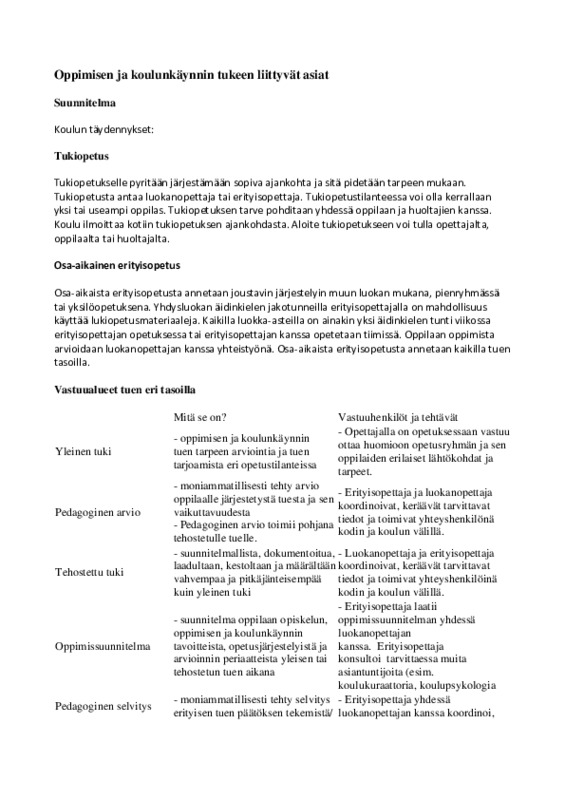Bulletins - Tiedotteet
Lype 6lk tutustuminen 2024
Lypen vanhempainilta 2024
Ruokalista kevät 2024
5th and 6th grade's parents' night 2023
Tapahtumakalenteri / The Event Calendar 2023-2024
The school rules and regulations of the Joensuu Welfare Board Education and Training Centers
The school rules and regulations of the Joensuu Welfare Board Education and Training Centers
On February 17, 2003, Parliament passed a Government Bill (HE 205/2002) amending the school law. Amendments to the law oblige the organizer to draw up the rules of order. The Basic Education Act was amended from 1 January 2014 (Articles 29, 35, 35a, 36, 36a, 36d, 36, 36g and 36i§) about school peace matters.
The purpose of the rules is to lay the foundations for achieving the educational goals of school work, the security and comfort of the school community. The rules govern each member of the school community to be responsible for daily work and to increase the students’ contribution to the future life.
Scope of application
These rules apply to school time and school area.
The school area consists of the properties and courtyards that work as the school's teaching premises.
School time is defined as the working day according to the schedule and the differing working hours approved in the school year plan.
These rules are also valid for events directly related to the school organized by the school, even though they are held outside the school area and / or time.
Activities in the school area and time, as well as in the events organized by the school
- Students Primary pupil may leave the school area only during the school year with the sole permission of the teacher or principal.
- Each member of a school community behaves in a proper manner and carries out its duties conscientiously.
- Each member of the school community is responsible for working peace in all situations.
- Every member of a school community is obliged to keep the school area and other areas being used in the school tidy.
- The student is to attend the teaching regularly.
- If a student can not come to school, the guardian must immediately report the reason for the class teacher or group tutor. The school must contact the custodian on the third absence of the student if the guardian has not indicated the reason for the absence of the student. The primary school must follow the student's absences.
- A class teacher or group counselor may, for an acceptable reason, authorize a maximum of one week's absence from the pupil of the class to whom he or she is supervised. The school principal can give the student permission for a longer period of absence. Permission is requested in writing.
- Lessons shall commence and end at the time indicated in the teaching schedule. The agreed teaching hours are agreed on upon the teaching events that are held outside the normal teaching schedule.
- During break times, classroom facilities may only be resident with the permission of the teacher responsible for the space.
- Unauthorized traffic in the school area is prohibited. Cars, bikes, mopeds and other means of transport are parked at places designated by the school.
- The property of the school must be handled with care. Compensation for damage to or loss of property is governed by the Compensation Act (412/74).
- Damaged or broken equipment must be immediately notified to the school staff.
- Traffic rules are to be followed.
- The possession, use, sale and the presence of tobacco products, snuff, substances and drugs are prohibited.
- Disruptive use of a mobile phone is prohibited during school hours. (Koulk 23.4.2009, §51)
- Pupils may not pass on material about schools, teachers or pupils without the relevant permission on social media. In addition, pupils are prohibited to use multimedia devices or computer networks against the instruction of good use of social media teaching in the Joensuu region. (APPENDIX 22.5.2017 § 18, Guide to the teaching of social media in Joensuu Regional Education)
Penalties for student misconduct
The following measures must be recorded and informed to the caregiver as soon as possible:
- Disciplinary educational discussion PoL35§ is the primary means of addressing the student's disruptive and inappropriate behavior. Disciplinary educational discussion is used if the student interferes with the teaching, violates the school order, deals fraudulently with others, or offends human dignity. The school teacher or principal may order a pupil in the disciplinary educational discussion.
- A student who has failed to attend a homework assignment may be appointed to perform his duties under supervision for a maximum of one hour at a time at the end of work day PoL 36§.
- In the primary and secondary schools the disruptive student can be removed for the remainder of the lesson. If the student to be removed tries to resist the removal, the principal and the teacher have the right to use the necessary force to remove the pupil taking into consideration the age of the student, the dangers of the situation or the severity of the resistance and the overall assessment of the situation.
- The principal may deny the student’s right to participate in the teaching or movement in the school area from an unreasonably disruptive or violent student, or threatening other students’ safety for the remaining working day in comprehensive school PoL 36 and for a maximum of three working days in upper secondary school LL 26§.
- The teacher or principal may inspect the pupil’s items (eg bags, pencils, school's storage facilities and garments) in control of a prohibited or dangerous object or substance that may endanger students own or another’s security, if the possession of an object or substance is apparent AND the student, despite a request, refuses to disclose or reliably demonstrate that he or she does not possess them. PoL 35e§, LL 26e§
- In basic education, the teacher or principal may also take away any other item interfering the teaching from the pupil if the student does not give it on request. The object or substance is returned to the student after the end of the lesson as a rule.
In addition, a pupil who interferes with teaching or otherwise violates the school's order or is fraudulently dealt with may
in the primary school be ordered a maximum of two hours of post-sessions PoL 36§ or
in primary and secondary schools give a written warning PoL 36§, LL 26§.
If the offense is serious or if the pupil continues the improper conduct referred to above after having received a post-session or written warning,
the student may be separated from the primary school for a maximum of three months and a maximum of one year in the high school by the decision of the Disciplinary Committee. When a violent or threatening student compromises the safety of others, temporary separation can be enforced without the force of law. PoL 36§, LL 26§
Before using the punishment described in paragraphs 7 to 9, the act or omission must be identified, the pupil must be heard and any other necessary explanation must be obtained.
Also before the disciplinary punishment (written warning
and time-limited separation), the guardian must be given the opportunity to be heard.
